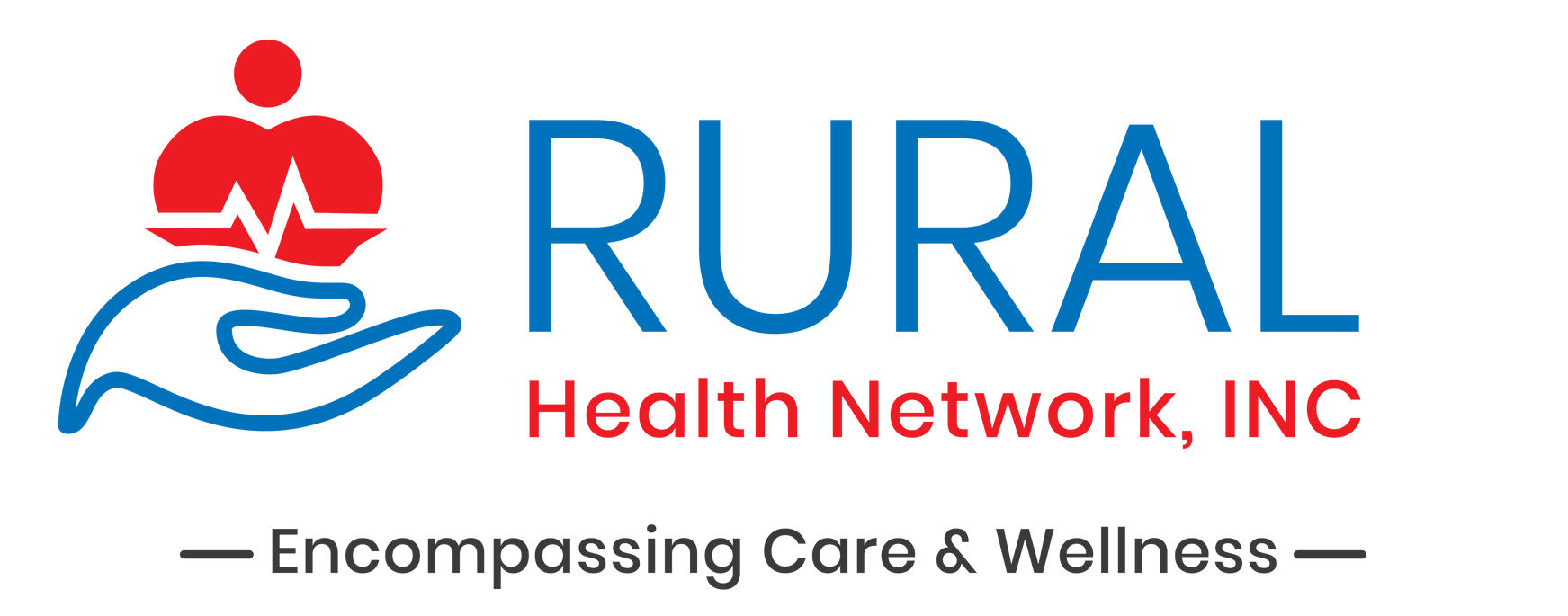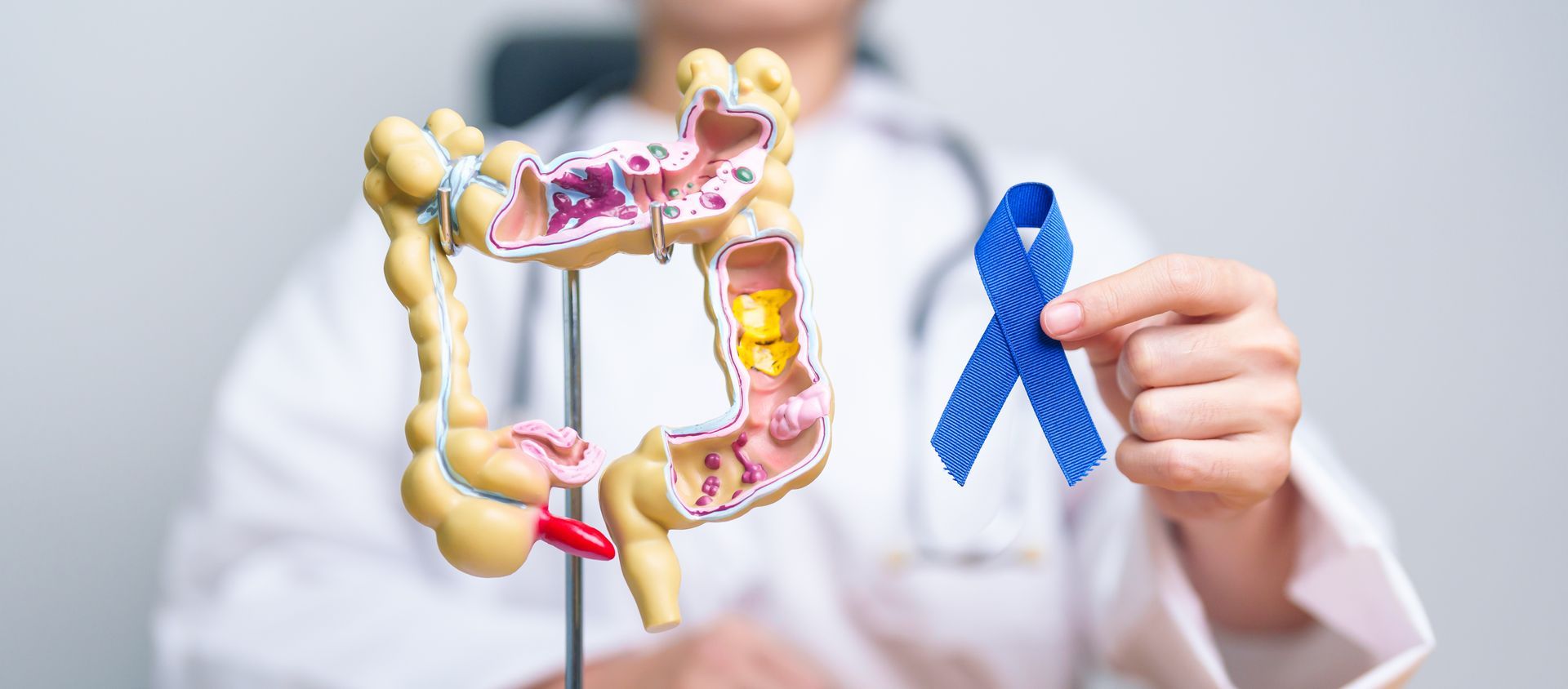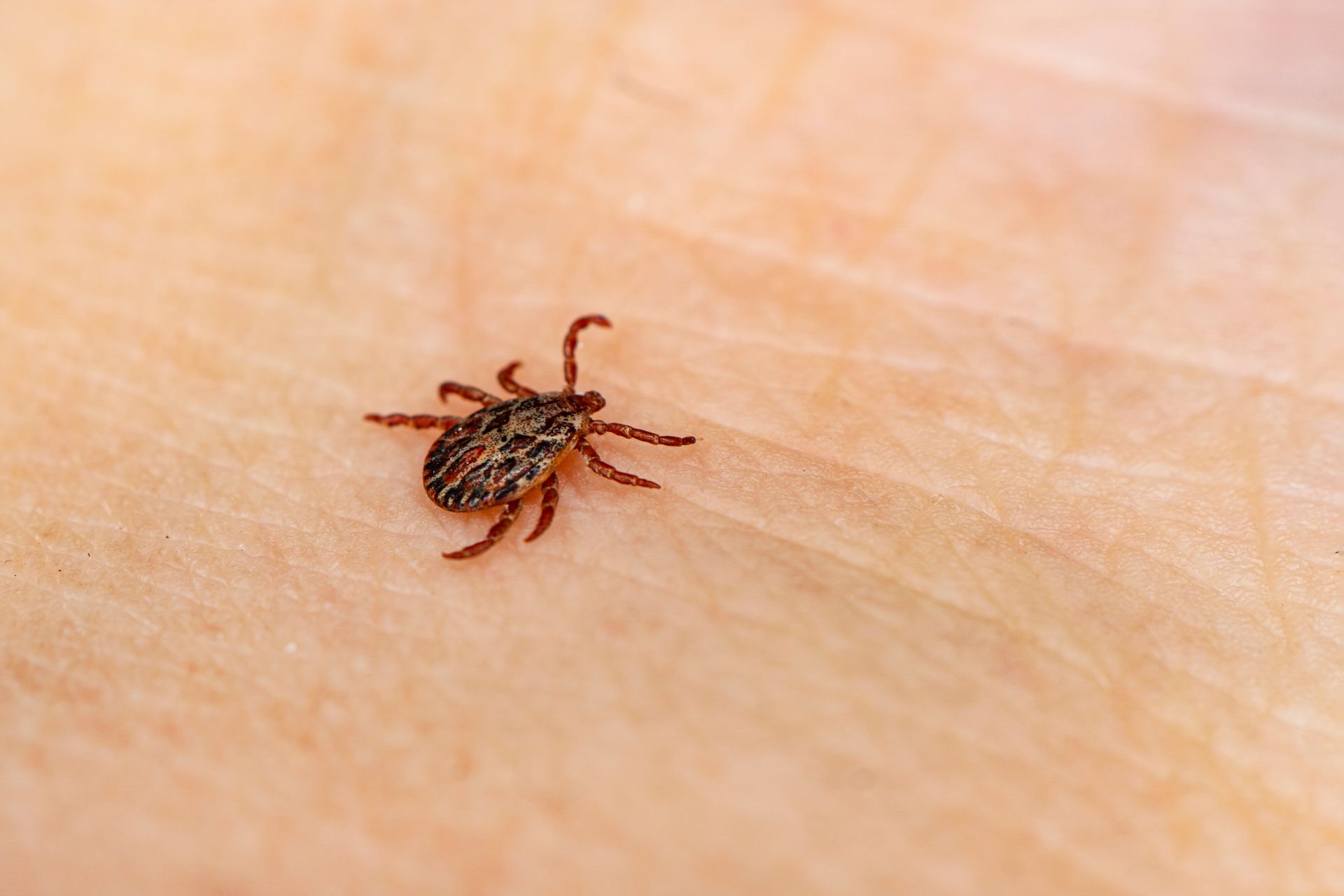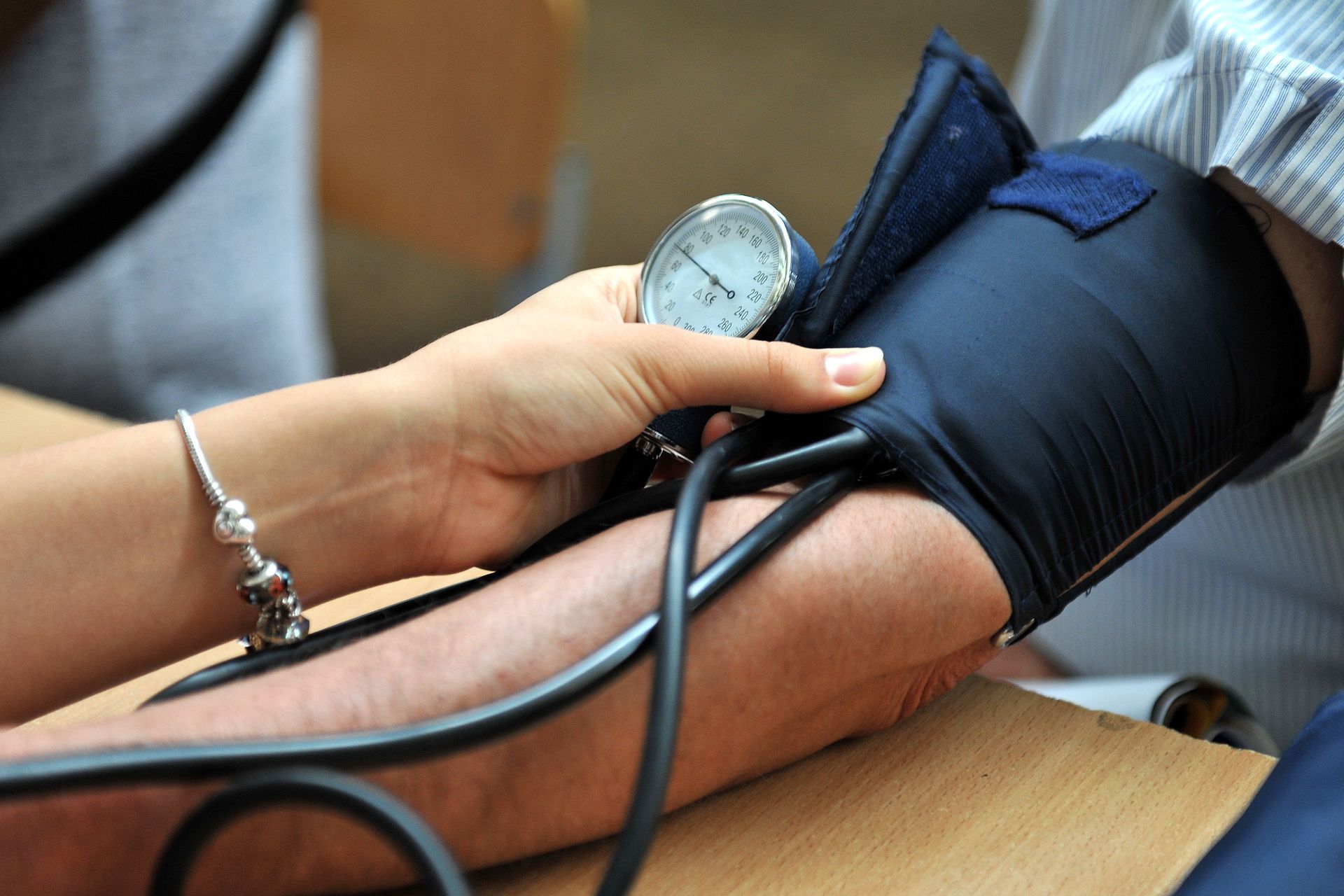7 Essential Screening and Diagnostic Tests: Your Guide to Better Health

Regular screening and diagnostic tests are the unsung heroes of preventive healthcare. However, according to a survey released by Aflac in 2023, an estimated one in two Americans still avoid essential health screenings.
As they say, an ounce of prevention is worth a pound of cure. Screenings help detect potential problems early, often before symptoms appear. Early detection can make treatment more effective, prevent complications, and improve overall quality of life.
At
Rural Health Network, Inc., we are committed to providing access to these vital screenings and guiding you at every step of your health journey. We offer a variety of tests to help you stay proactive about your health and address any concerns promptly—so you can get back on track and focus on living your best life.
Test Today, Thrive Tomorrow!
Are you wondering which medical tests to expect or prepare for? To help you accomplish your tests without a hitch, we've rounded up seven essential screening and diagnostic exams that should be on everyone's radar.
Blood Pressure Checks
A blood pressure check is a standard step during health assessments, providing a clear snapshot of your cardiovascular health.
Regular blood pressure checks are vital for several reasons:
- Prevention of Hypertension: Dubbed the "silent killer," high blood pressure (hypertension) can lead to severe health problems, such as heart disease and stroke, without causing noticeable symptoms.
- Early Detection: Regular monitoring can help detect hypertension early, allowing for timely intervention and management.
- Complications Management: Monitoring your blood pressure can help manage conditions like diabetes, kidney disease, and others that hypertension can exacerbate.
Cholesterol Screenings
A cholesterol screening, often called a lipid panel, is a blood test that assesses
different cholesterol levels and fats in the bloodstream.
Here’s why it’s essential to have a cholesterol screening:
- Assess Heart Disease Risk: High cholesterol levels and triglycerides are known to increase the risk of heart disease and stroke.
- Detect High Cholesterol Early: High cholesterol often has no symptoms. Regular testing can detect high cholesterol before it leads to more severe health issues.
- Evaluate Treatment Effectiveness: Cholesterol screenings help monitor the effectiveness of interventions for those already managing high cholesterol with lifestyle changes or medication.
Blood Glucose Test
A blood glucose test determines the amount of glucose (sugar) in your bloodstream. It can be conducted as a fasting or non-fasting test, each providing valuable insights into your glucose levels.
Prioritizing your blood glucose is crucial, as it enables you to:
- Detect Diabetes Early: High blood sugar levels may indicate diabetes or prediabetes, and catching these signs early allows for timely intervention to prevent progression.
- Manage Sugar Levels Effectively: Tracking and managing blood sugar levels helps prevent long-term damage and maintain overall health.
- Identify Risk Factors: This test detects risk factors for diabetes early, allowing you to address them before they develop into more chronic conditions.
Colonoscopy
A colonoscopy is a procedure that examines the inside of your colon and rectum using a flexible tube with a camera (colonoscope). It allows for detecting and removing
polyps (pre-cancerous growths) and other abnormalities.
Maintaining awareness of your colon health is essential for the following reasons:
- Early Detection of Colorectal Cancer: Colonoscopies can identify colorectal cancer in its early stages when treatment is more effective and the likelihood of survival is higher.
- Prevention of Cancer: By identifying and removing polyps during the procedure, colonoscopies help prevent the development of colorectal cancer.
- Detection of Abnormalities: A colonoscopy can identify inflammation, bleeding, or infections that can harm your health.
Prostate-Specific Antigen (PSA) Test
The
prostate-specific antigen (PSA) test assesses the level of PSA in your blood, a protein produced by the prostate gland. Elevated PSA levels can indicate potential prostate issues.
It's essential to monitor your prostate health for these critical reasons:
- Early Detection of Prostate Cancer: Increased PSA levels can signal the presence of prostate cancer, allowing for early diagnosis when treatment options are most effective.
- Guiding Further Testing: An abnormal PSA result may prompt additional tests or biopsies to assess the need for further intervention, ensuring timely and appropriate treatment.
- Risk Assessment: For men with a family history of prostate cancer or other risk factors, regular PSA testing provides valuable information for managing and reducing cancer risk.
Mammogram
A mammogram is an X-ray imaging procedure designed to evaluate breast tissue. It aids in identifying abnormalities, such as tumors or cysts, before any symptoms arise.
Monitoring breast health is crucial for these reasons:
- Breast Cancer Detection: Mammograms can detect breast cancer early when treatment is effective and less invasive.
- Detection of Tumors: By detecting tumors or other abnormalities early, mammograms improve the chances of successful treatment.
- Guiding Further Evaluation: An
abnormal mammogram result may lead to additional tests or procedures, allowing for personalized care.
Pap Smear
A Pap smear involves gathering cervical cells to identify any abnormal changes that may suggest cervical cancer or other conditions. It is a vital part of routine gynecological care.
Monitoring your cervix health is imperative, as it helps to:
- Detect Cervical Cancer: Pap smears can detect early indicators of cervical cancer, enabling timely treatment and improving the likelihood of successful outcomes.
- Identify Abnormalities: Detects pre-cancerous changes (such as dysplasia) and other cervical issues that may require follow-up or treatment.
- Monitor Risk Factors: Routine testing offers essential insights for managing and lowering cancer risk for women with a history of abnormal Pap smears or other predisposing factors.
Your Path to Better Health Starts with Rural Health Network, Inc.

Staying proactive with your health check-ups helps catch potential issues early and empowers you to take control of your well-being.
That’s where Rural Health Network, Inc. comes in. We’re here to simplify your health management and address chronic conditions with our reliable and accurate
screening and diagnostic tests.
- Comprehensive Health Assessment: Our exams include a thorough review of your vital signs, medical history, and any health concerns.
- Screening and Diagnostics: We offer preventive healthcare screenings and tests, including blood pressure checks, cholesterol screenings, and cancer tests, to identify issues early and initiate timely treatment.
- Personalized Wellness Plans: We collaborate with you to create a wellness plan customized to your specific health goals and needs.
With Rural Health Network, Inc., you’re choosing a proactive approach to your health. Let us guide you through your health screenings and keep you on the path to wellness, ensuring you receive the best care and support for your needs.
Invest in Your Well-Being
Be on the lookout for our upcoming blogs to stay informed and empowered as you navigate your path to better health. We’re here to support you every step of the way!










